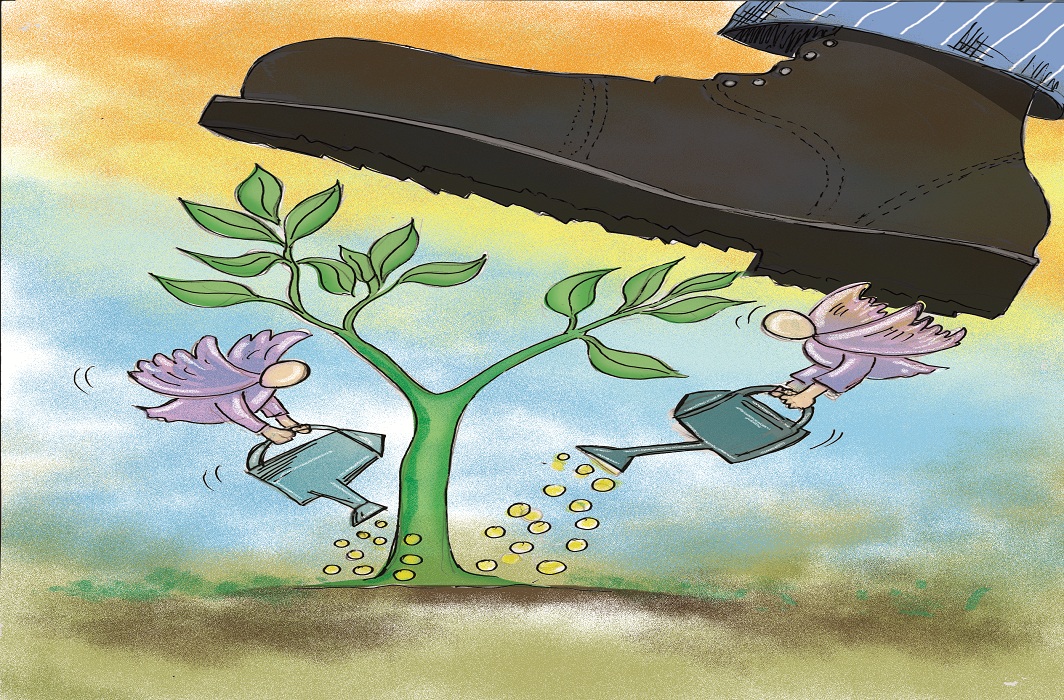There is a prejudice that only people with large capital can become investors. Yet, in practice, in the USA, about 50% of citizens prefer to invest their savings in shares of diversified companies. So, if you are searching for a financial instrument that will help you reach financial soundness, this one is worth considering.
Let us start with an investor definition. It is an individual (or a company) that purchases certain assets, for example, stocks, ETFs, gold, silver, mutual funds, expecting their value to grow. Naturally, before making an investment, one performs comprehensive market analysis and detailed calculations to make sure that the choice of an asset and the time of purchase is beneficial.
There are two types of investors: private and institutional. The first group manages their own money, and the second one ― funds from other investors. Obviously, if you want to engage in this sphere, you will start as a private investor.
In their turn, private investors can belong to the following groups:
- pre-investors ― beginners who are only learning the theory and practicing via a demo account;
- passive ones ― those who stick to the Buy and Hold strategy, i.e. they buy stocks, ETFs, real estate, or other assets and keep them for a long term waiting for further price growth;
- active ones ― they follow the Buy and Sell approach and speculate on short-term price changes, i.e. they execute trades frequently (usually multiple times per day).
Also, we must mention that there is another activity very close to investing ― trading. In fact, it is hard to separate these two notions. If we compare a trader and a passive investor, it is clear that the difference is in the kind of investments. So, traders earn from short-term fluctuations in rates, while passive investors get profits from increases in prices within a long term. However, if we discuss traders vs active investors, the biggest difference is that traders make use of leverage to multiply their stakes.
Also Read: Business Ideas for Women: 10 Most Demanded Spheres
Now, you probably want to know which kind of investment is better for you. The answer depends on the size of your capital and your risk tolerance level. So, if your capital is limited, but you obtain decent knowledge of how the market operates, you can try actively investing in stocks if you are ready to bear high risks. But if you seek a less risky solution, opt for long-term and regular (for example, monthly) investments in stocks, ETFs, or mutual funds. Also, if your budget allows, it is advisable to diversify your portfolio with multiple types of assets. Another option, for those who have significant capital ― crypto, but it involves high risks, due to frequent and rapid price changes.
In sum, becoming an investor can both improve your current financial well-being and create reserves for the future. Yet, you must carefully weigh up all the risks and choose the most comfortable style.


